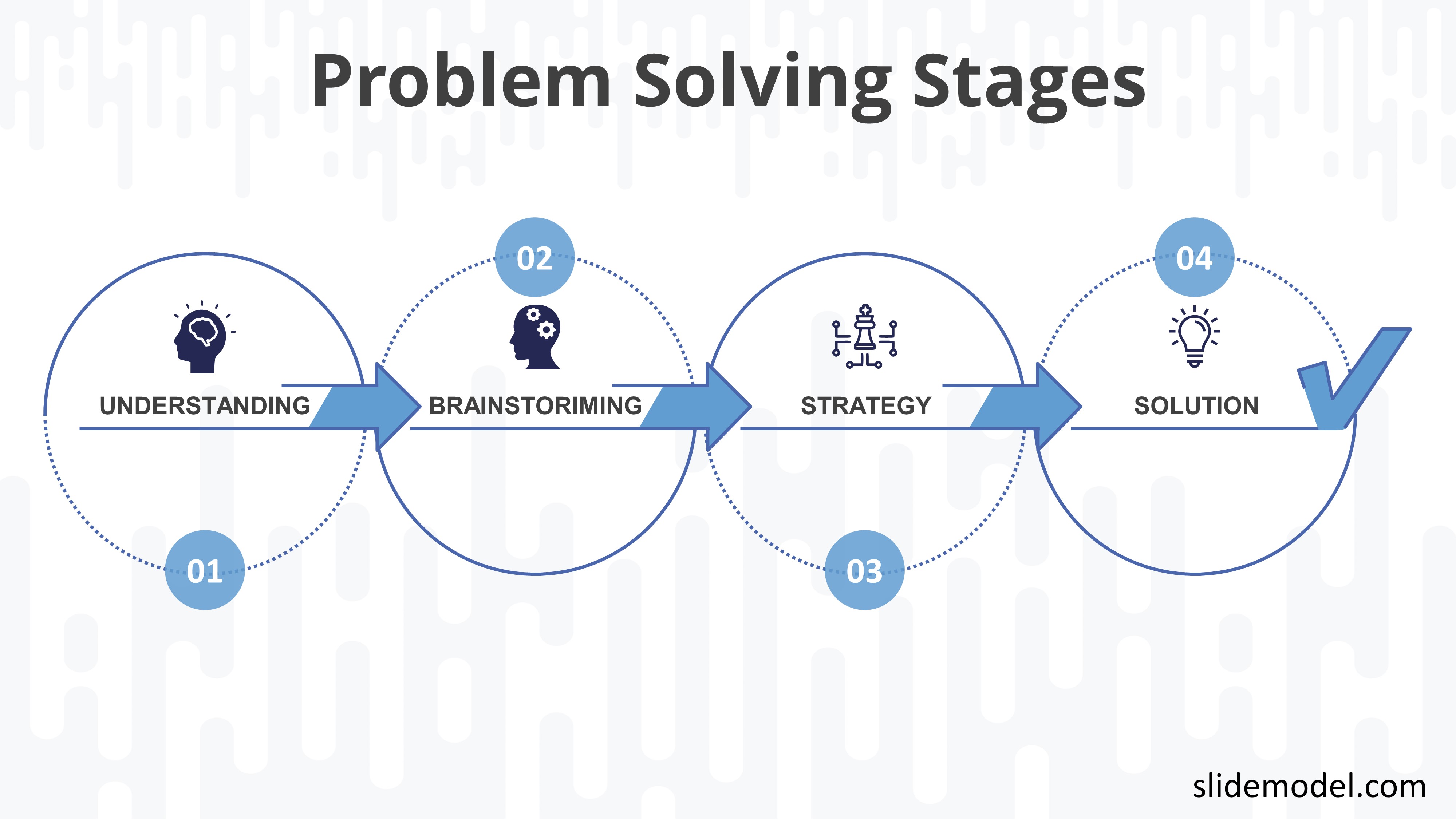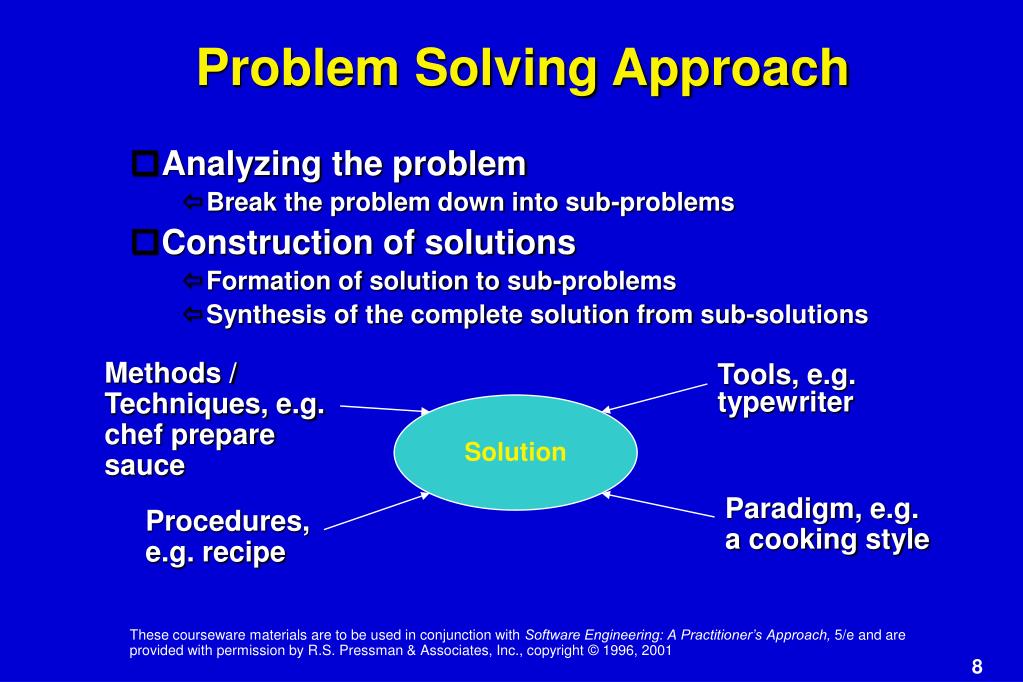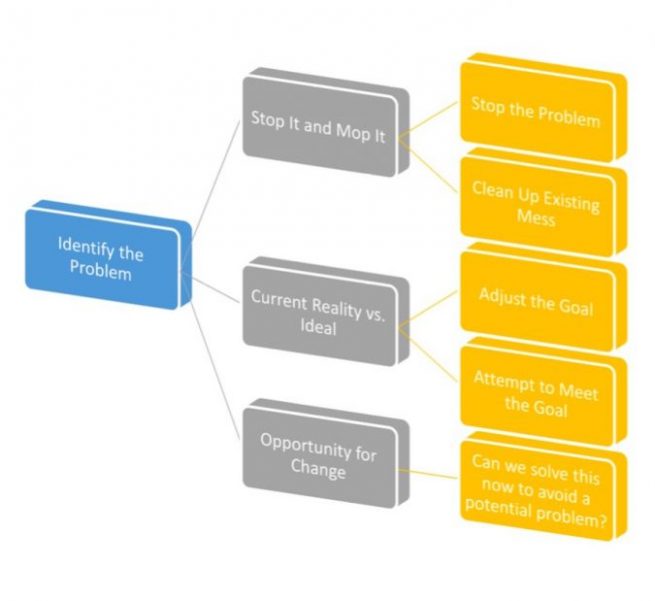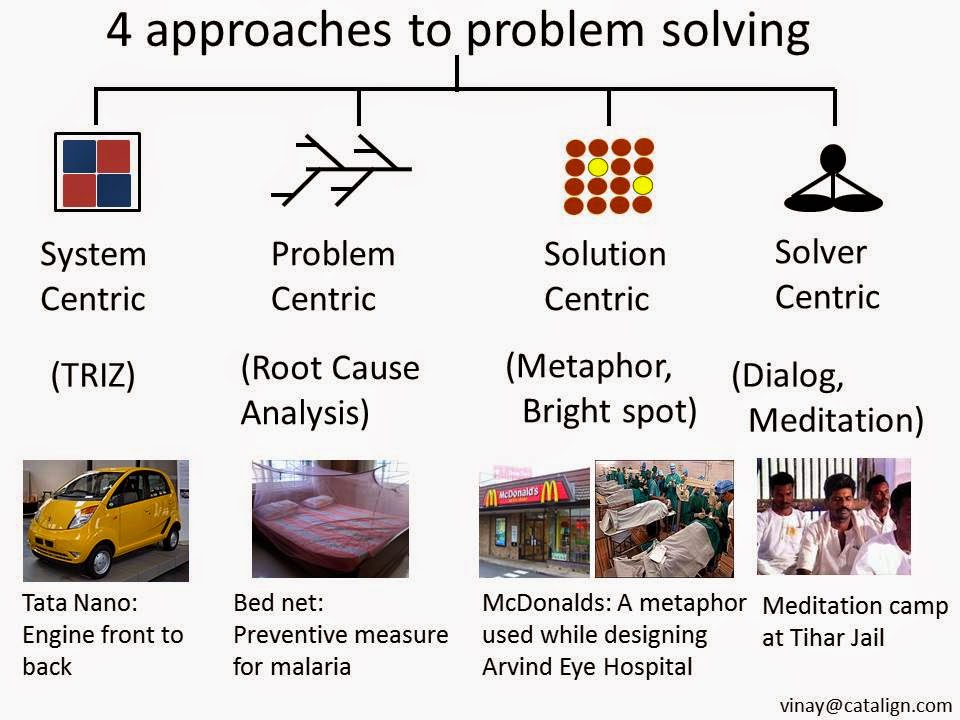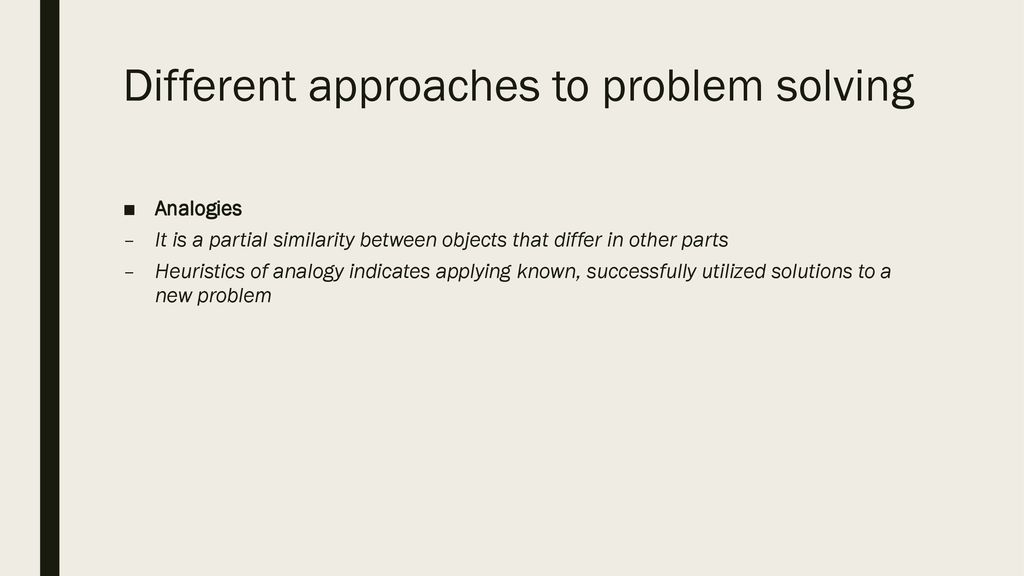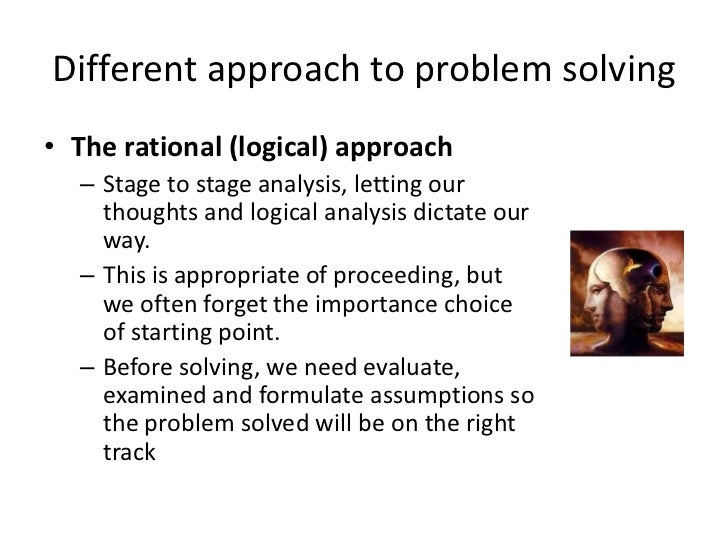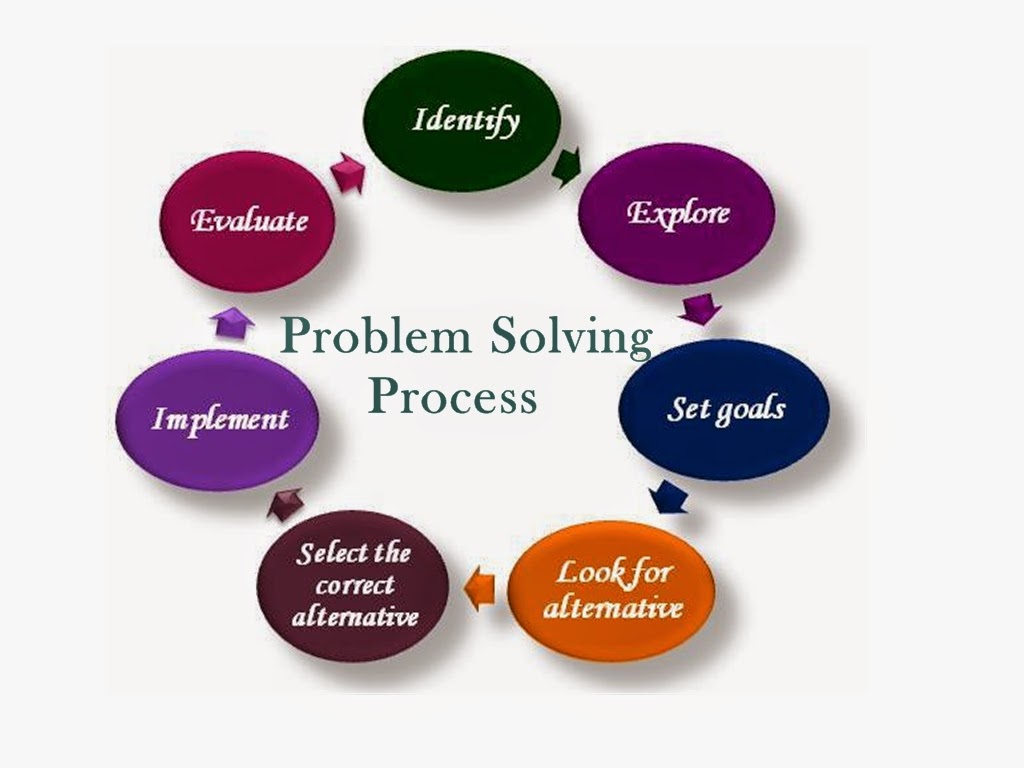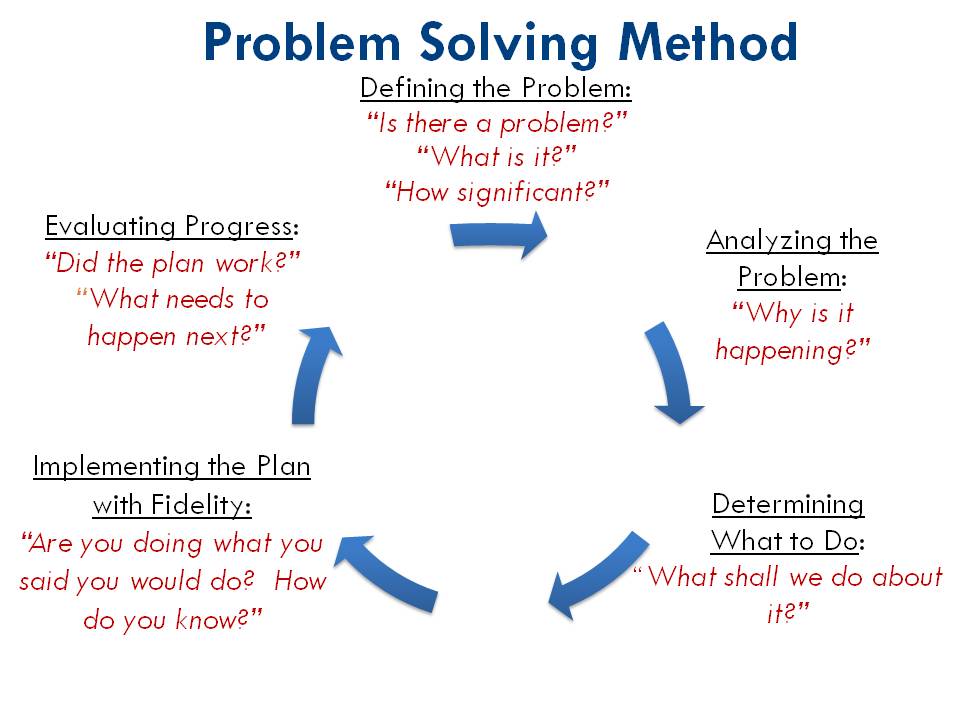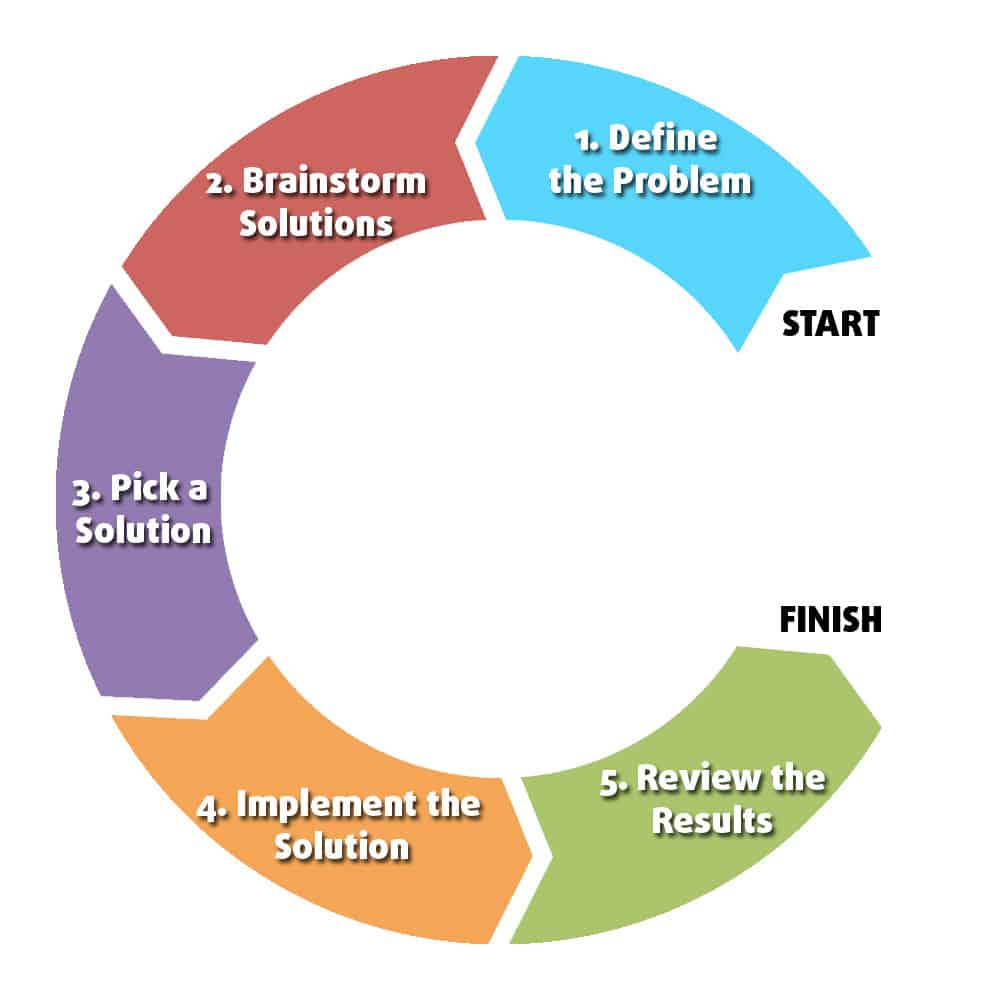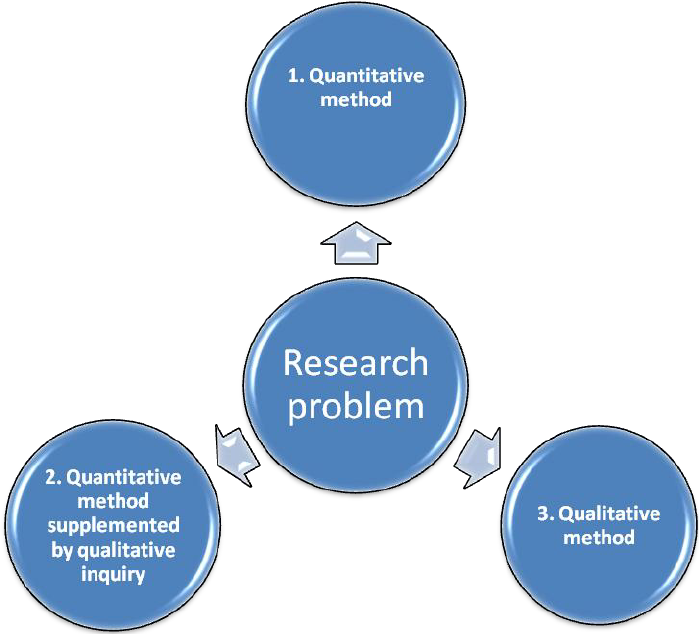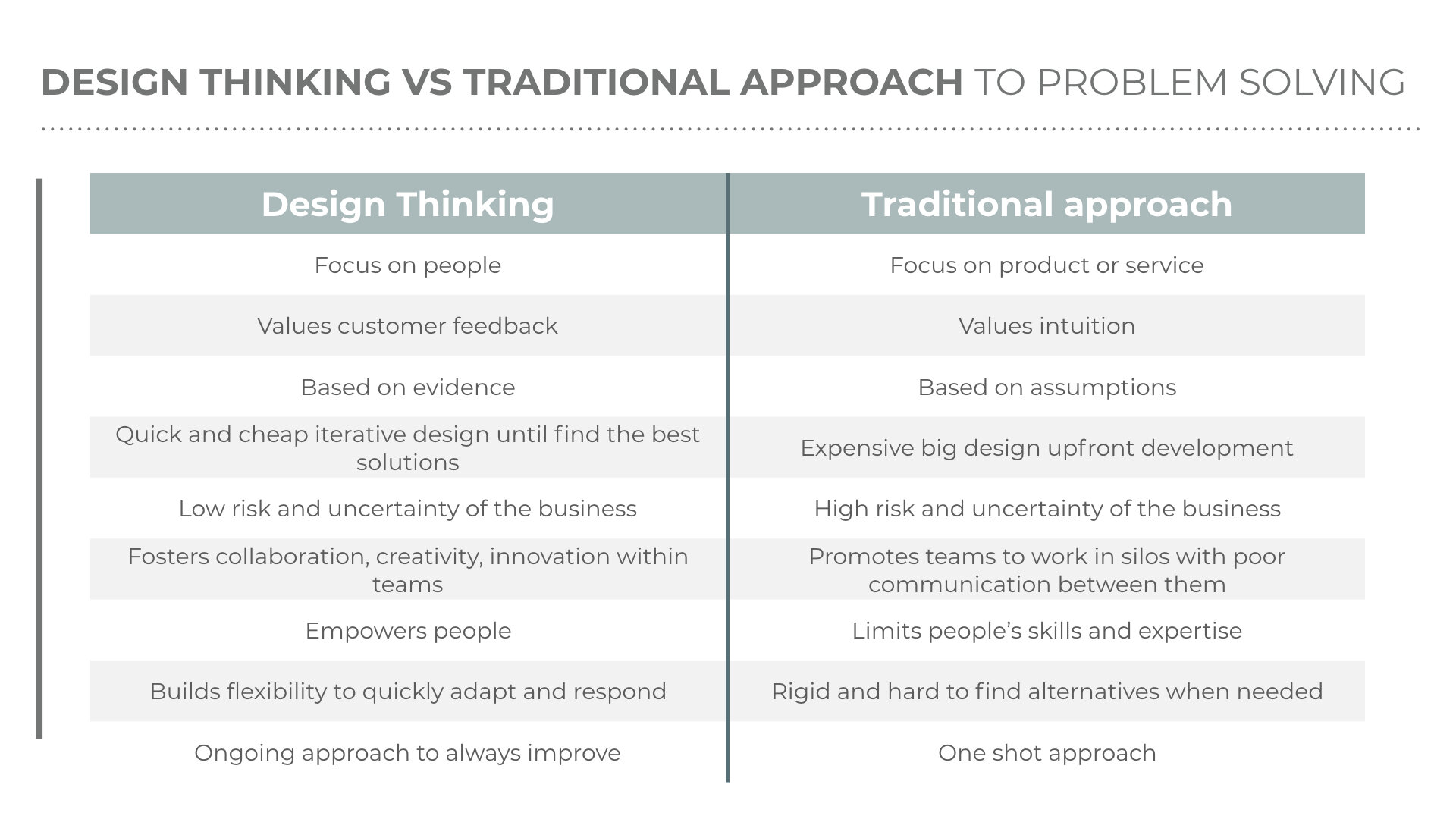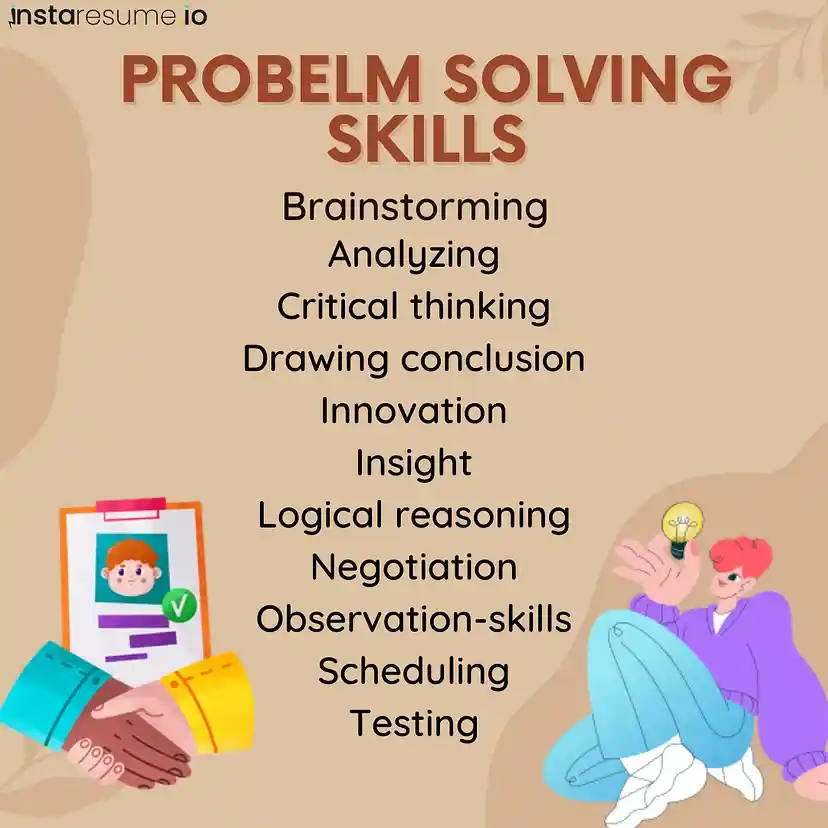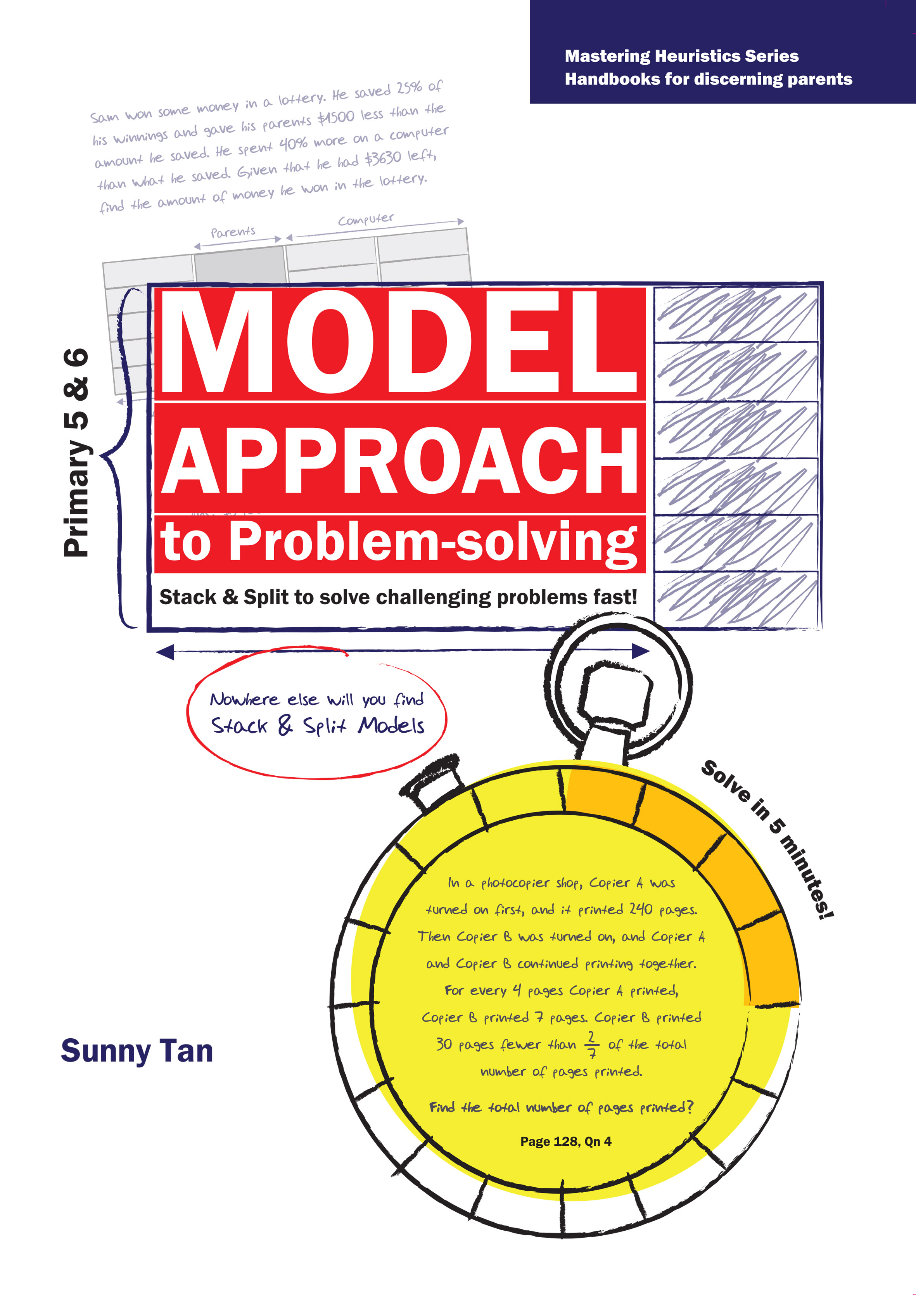Different Approaches To Problem Solving
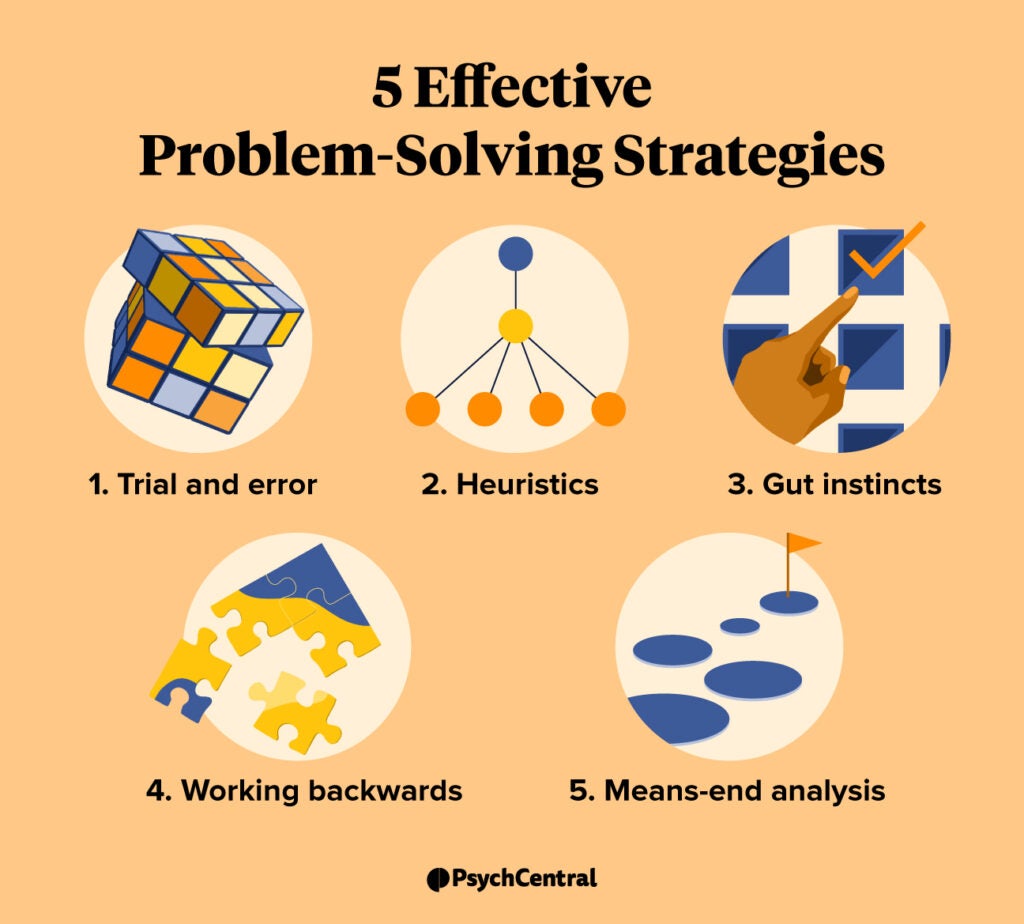
In a world grappling with increasingly complex challenges, from climate change and economic instability to technological disruptions and social inequalities, the ability to effectively solve problems has become paramount. Traditional, one-size-fits-all approaches are proving insufficient. Individuals, organizations, and governments are actively exploring and implementing diverse problem-solving methodologies to navigate these uncharted waters and foster innovation.
At its core, this shift acknowledges that different problems require different strategies. This article will examine several prominent problem-solving approaches, highlighting their strengths, weaknesses, and suitability for specific contexts. Understanding these diverse methodologies is crucial for anyone seeking to improve their problem-solving capabilities and contribute to a more sustainable and equitable future.
Analytical Problem Solving
Analytical problem solving is often the first approach that comes to mind. It relies on logic, data, and structured methodologies to break down complex problems into smaller, manageable parts.
A common framework is the scientific method: define the problem, gather data, formulate hypotheses, test those hypotheses, and draw conclusions. This approach is heavily used in fields like engineering, medicine, and economics.
However, analytical problem-solving can be limited by its reliance on available data and assumptions. It may struggle to address problems characterized by high levels of uncertainty or ambiguity, where data is scarce or unreliable.
Design Thinking
Design thinking offers a more human-centered approach to problem solving. It emphasizes empathy, experimentation, and iterative prototyping to develop innovative solutions that meet the needs and desires of users.
The process typically involves five stages: empathize, define, ideate, prototype, and test. This method is commonly used to design new products and services. IDEO, a global design company, has championed and popularized design thinking as a powerful problem-solving methodology.
Design thinking can be time-consuming and resource-intensive, especially in the early stages of empathizing and ideating. It may also be less effective for problems that require highly specialized technical expertise.
Systems Thinking
Systems thinking takes a holistic view of problems, recognizing that they are often interconnected and influenced by multiple factors. It emphasizes understanding the relationships between different parts of a system and identifying leverage points for intervention.
This approach uses tools like causal loop diagrams and system dynamics models to map out complex systems and simulate the effects of different policies or actions. Organizations like the Waters Foundation advocate for the use of systems thinking in education and public policy.
Systems thinking can be complex and require significant expertise to implement effectively. It may also be challenging to translate systems-level insights into concrete actions that address specific problems.
Creative Problem Solving
Creative problem solving (CPS) emphasizes generating novel and original solutions through techniques like brainstorming, mind mapping, and lateral thinking. It encourages individuals to think outside the box and challenge assumptions.
CPS often involves deferring judgment and embracing divergent thinking to explore a wide range of possibilities. Edward de Bono's work on lateral thinking has been influential in popularizing CPS techniques.
Creative problem solving can be less effective for problems that require a high degree of technical expertise or adherence to established procedures. It may also be challenging to implement in highly structured or bureaucratic organizations.
Agile Methodologies
Agile methodologies, originally developed for software development, have become increasingly popular for problem solving in other domains. They emphasize iterative development, collaboration, and continuous improvement.
Scrum and Kanban are two popular agile frameworks that involve breaking down large projects into smaller, manageable sprints and using visual tools to track progress. The Agile Alliance promotes the adoption of agile principles and practices across various industries.
Agile methodologies may not be suitable for problems that require a high degree of upfront planning or have strict regulatory requirements. They also require a strong commitment to collaboration and communication among team members.
The Future of Problem Solving
The future of problem solving likely involves a hybrid approach, combining elements of different methodologies to address the unique characteristics of each problem. This requires individuals and organizations to develop a diverse skill set and a willingness to adapt their approach based on the context.
Furthermore, the increasing availability of data and sophisticated analytical tools is enabling more evidence-based problem solving. However, it is crucial to ensure that these tools are used ethically and responsibly, and that human judgment remains an integral part of the decision-making process.
As we face increasingly complex and interconnected challenges, mastering diverse problem-solving approaches will be essential for creating a more sustainable, equitable, and prosperous future. Embracing adaptability and continuous learning will be key to navigating the uncertainties that lie ahead.
